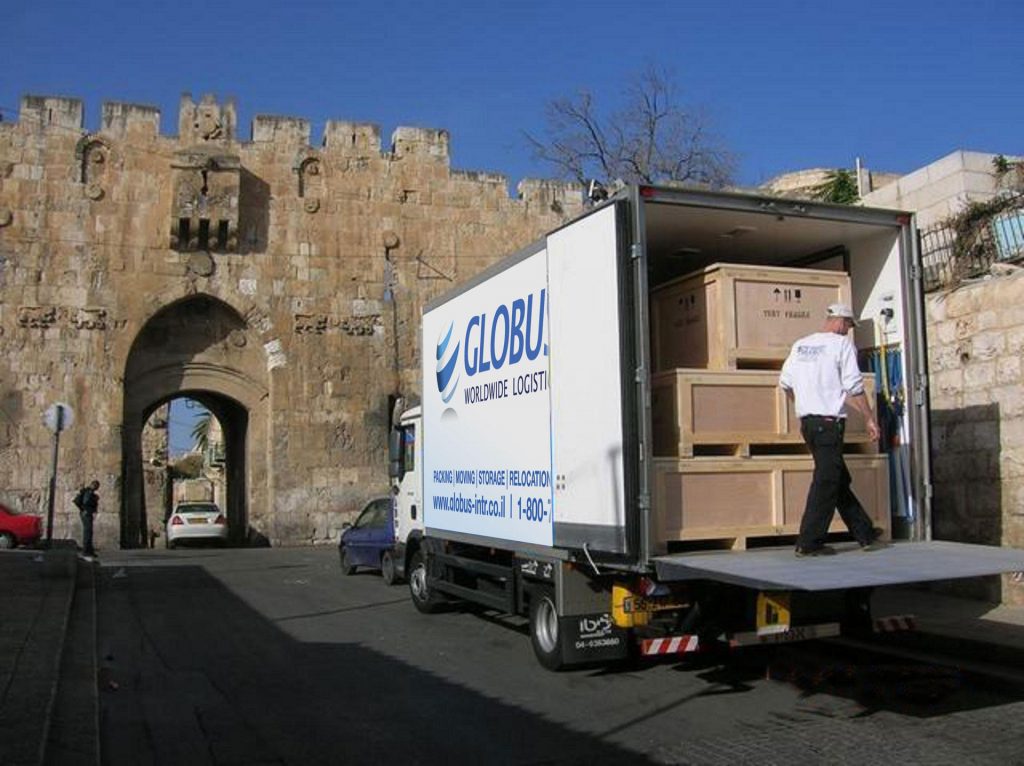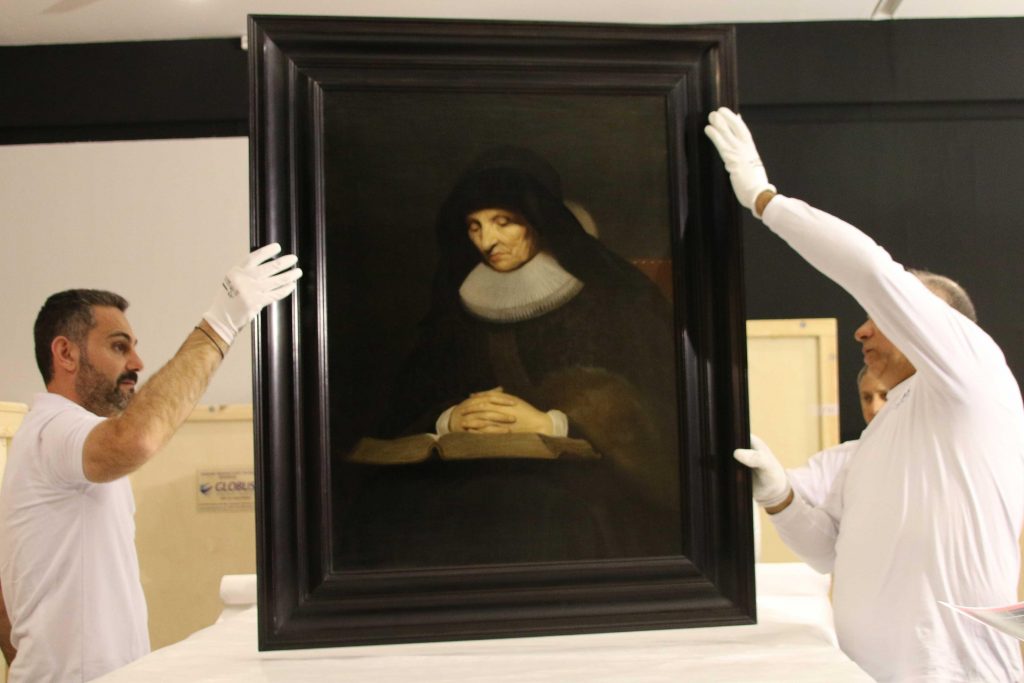
Our international membership of 78 of the top fine art shippers across the globe provides a local presence for clients in six continents. Connecting Europe, Asia and Africa is the Middle East, home to a dynamic and increasingly accessible art world that is predicted to contribute over US$100 billion to the global art market by 2023. More art than ever before is being transported in and out of the region, while an expanding intra-regional market is building too. Three ICEFAT agents are based there: Transclal Fine Arts and Globus Worldwide Shipping in Israel and Gulf Warehousing Company (GWC) in Qatar whose collective experience offers strong insight on the development of the region’s art world.

The addition of Doha-based GWC to ICEFAT’s membership in March 2022 – our first ever member located in the Arabian Peninsula – reveals the speed of the art market’s growth across the region. GWC holds a strong track record of high-quality project delivery for numerous Qatari institutions and businesses. Recent largescale projects have included the installation of a KAWS artwork at the country’s Hamad International Airport, and the restoration of “East-West/West-East”, a monolithic steel sculpture series by Richard Serra, in the Qatari Desert. High calibre projects such as these resulted in the Steering Committee’s decision to admit the company as an ICEFAT agent, providing us with a local presence in an accelerating market.
In Israel, Globus Worldwide Shipping is seeing sustained growth in demand for its services, following the disruption caused by coronavirus. Lily Cohen, Fine Art Department Manager at Globus, is realistic about how the pandemic could influence future gallery and museum shows. She says: “I am sure that no one can really know what the future market landscape will look like five years from now; Covid is proof that we cannot predict anything but we have successfully anticipated the needs of the art world so far.” Approximately one third of Globus’s business is international. It works alongside fellow ICEFAT agents across the world and as a freight forwarder for shipments out of Israel. Cohen adds that within Israel “there have been many more museums looking to transport their collections internationally over the past five years,” which Globus can adeptly deliver by working with ICEFAT members globally.

Also in Israel, Transclal Fine Arts works with museums, galleries and private clients and has seen the benefit of partnering with the ICEFAT network worldwide as its business increases. Its CEO, Yoram Margalit says of his company’s 14-year partnership with ICEFAT: “Membership has allowed us to get to know people from the same field and build working relationships with companies that we trust. Our recent joint operations with ICEFAT partners have included working with US-based Crozier to export a collection from the Israel Museum to Zurich, Switzerland and alongside Gander & White Shipping US to import works from Florida to the Israel National Library in Jerusalem.” Transclal’s projects with global partners in countries such as the USA, Germany, and Hong Kong demonstrate how the ICEFAT network seamlessly allows international movement of fine art in and out of the region.

Margalit also points out the growth of intra-regional transport of art. “Relations between Israel and the Arab nations have changed dramatically since the Abraham Accords two years ago,” says Margalit. “The UAE, Morocco and Bahrain have normalized relations with Israel and those markets are extremely interesting for us.” He expects this trend to continue, with stabilization in relations between Israel and Saudi Arabia expected to be formally agreed in future. This, Margalit says, will lead to a “dramatic change in the geopolitical and geo-economic issues affecting us.”
Just as we have provided ever growing logistical support to developing art hubs in other regions across the globe, ICEFAT looks forward to strengthening our network across the Middle East as its glittering art market continues to develop and evolve.



